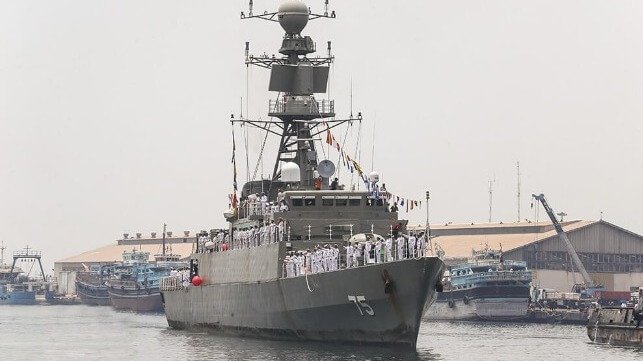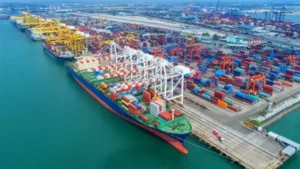The Iranian Navy, also known as Nedaja, has seemingly withdrawn from the Red Sea and Gulf of Aden station after maintaining a continuous presence in the area since 2008. This development coincides with the deployment of two US Carrier Strike Groups (CSGs) in the region.
Key Observations:
- Withdrawal Indications: The absence of Nedaja ships in the Red Sea and Gulf of Aden for several months suggests a possible withdrawal. Notably, the 101st Flotilla, which should have been deployed, hasn’t been seen in the area.
- Supporting Evidence: Satellite imagery reveals a higher-than-normal number of frigates and support vessels docked at the Naval Dockyard in Bandar Abbas, implying that long-range flotillas may have been recalled.
- Submarine Activity: Two out of three Kilo-class submarines are in dry dock, while the remaining operational submarine’s whereabouts are unclear, possibly attempting to shadow the Carl Vinson CSG.
Potential Reasons:
- US Presence: The Nedaja might be avoiding confrontation with the US CSGs or reassessing its strategy in response to the increased military presence.
- Houthi Support: The withdrawal comes at a time when the Houthis, who rely on Nedaja for intelligence support in their anti-shipping campaign, are facing intense airstrikes from the US CSGs.
Implications:
- Regional Security: The withdrawal may impact regional security dynamics, potentially creating opportunities for other actors to fill the power vacuum.
- Houthi Operations: The absence of Nedaja’s support could hinder the Houthis’ ability to conduct effective anti-shipping operations ¹.
Top image: Moudge-class frigate IRIS Dena (file image courtesy Fars Media / CC BY 4.0)



